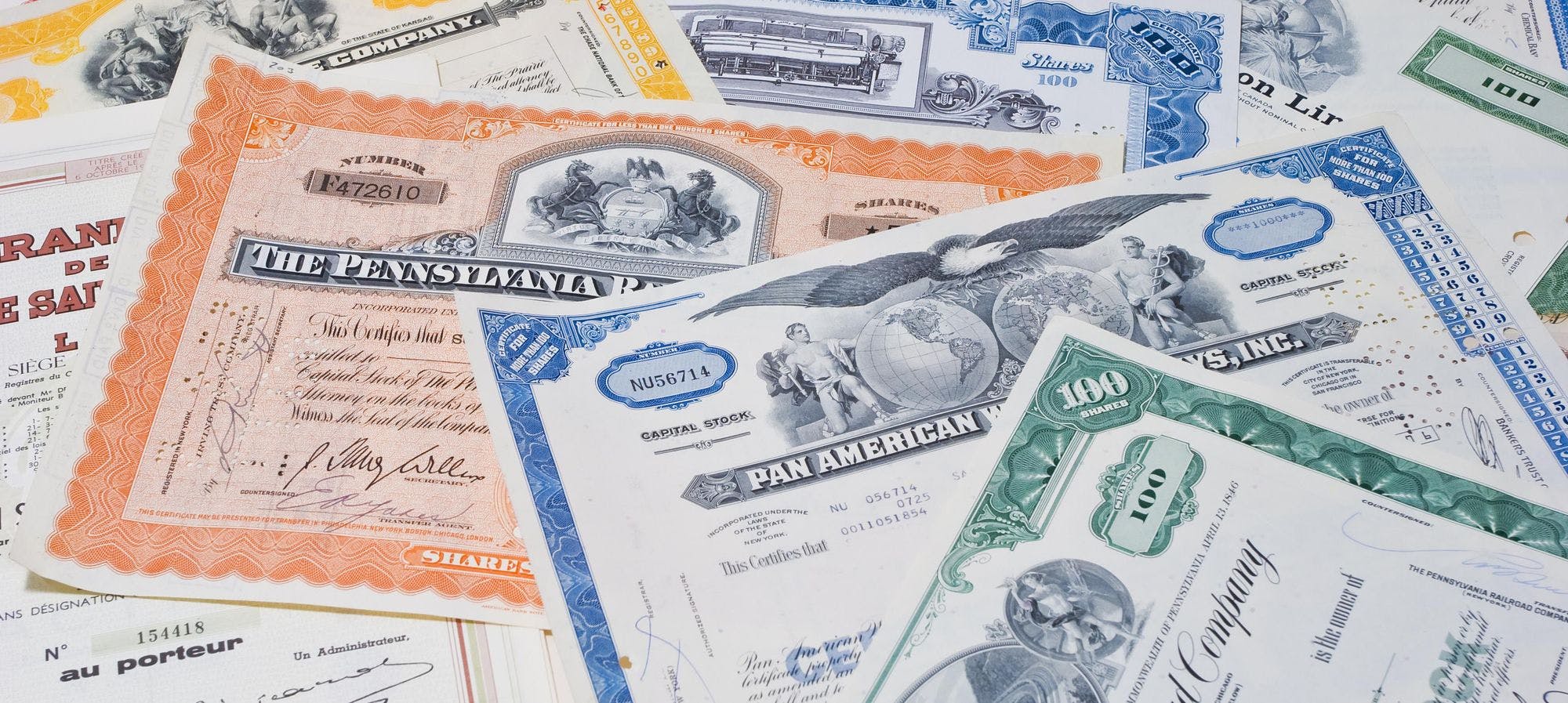Every tech startup in the US incorporates as a Delaware C Corp with 10,000,000 shares of Common Stock at the date of founding. This is remarkably consistent–if you go through an accelerator like Y Combinator or Techstars, if you use the default options with Stripe Atlas or Clerky, or if you ask a tech law firm for advice, they'll all point you in the same direction.
Incorporating in Delaware and as a C Corp are pretty well understood and well explained on the internet, but why 10 million shares? I've never seen a strong explanation other than "it's the standard amount."
Well, one reason is that the number has to be somewhat large. When you issue equity to employees or sell shares to investors, 10 million shares is a large enough number that you can give almost the exact amount you want to give. It's hard to grant someone 0.25% equity if you only have 100 outstanding shares.
But why isn't the number larger than that? Why not 100 million, or 5 billion, or Graham's number?
This isn't a purely theoretical question. At my previous company, Heap, we had job candidates who felt like our equity offers were "lower" than others because the share counts were smaller. They'd see something like 10,000 shares from Heap and 15,000 shares from OtherCorp and feel like the Heap offer was lower. We had to coach them on asking the other companies what the denominator of that share count was, looking at price per share, strike price, etc. These concepts might be obvious to people with a background working for tech startups, but to someone coming from outside of tech, it can be pretty confusing.
When I mentioned this to our board, we decided to do a 2-to-1 stock split, i.e. doubling our share count. Which prompted a natural question: "why not just do 10-to-1? Or 100-to-1? Why not make it so that we can give every candidate a million shares?"
Here’s why: if you have too many shares, there's a risk that your company will be a penny stock at time of IPO which would be a strong negative perception in the market. So we wanted to aim for a ~$10/share value for a theoretical future $1 billion IPO. Of course if the IPO is a lot larger then you can make the share pool larger and still have a nice share price.
The share price and share count are meaningless numbers, but there is a strong perceptual headwind for a stock that goes out at $0.80/share or something even if the company is inherently fine. People will look at the share price and assume something is wrong with the company.
You could also do a reverse-split later to fix that issue pre-IPO, but that also has administrative overhead, has a negative perception, and can cause weird issues with fractional shares or rounding.
Of course, 100 million shares is the number that leads to $10/share for a $1B IPO, but most venture-backed tech companies end up issuing lots of shares over time for employee option pools, Seed fundraise, Series A, B, C, D, etc. So if you start with 10 million shares, it leaves you tons of room to grow the share pool and still stay south of 100 million total shares at time of IPO.
(As an aside: some people think that you want to keep the share count low because Delaware charges franchise tax based on the share count. This is true at very low numbers, but once you're in the 100,000+ range for share count, you will end up using the "par value" method to calculate your Delaware franchise tax bill, which will make the share count irrelevant.)



